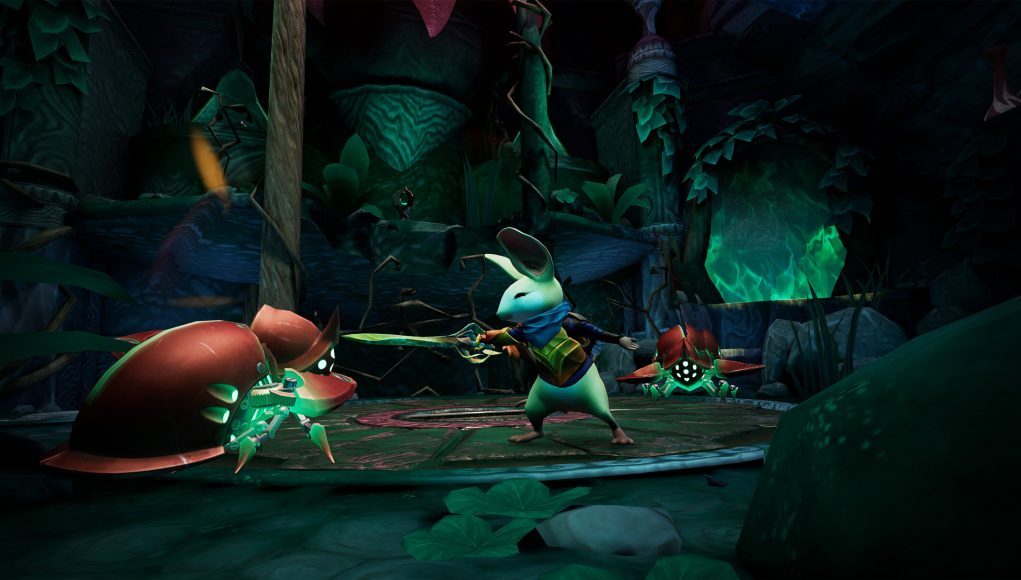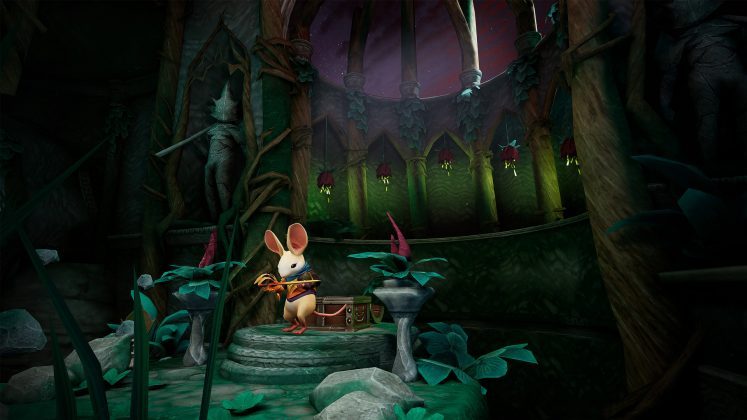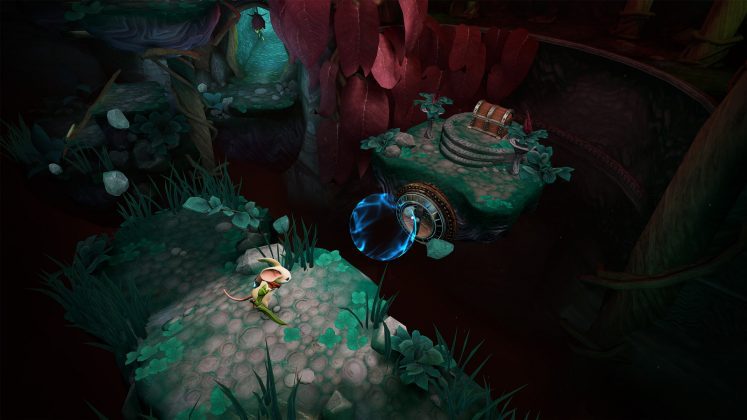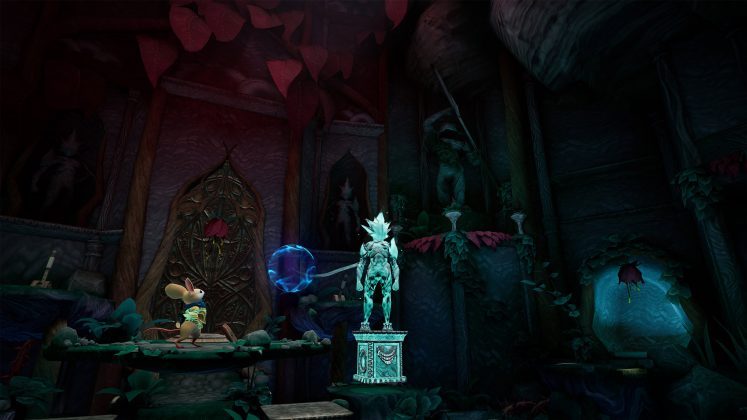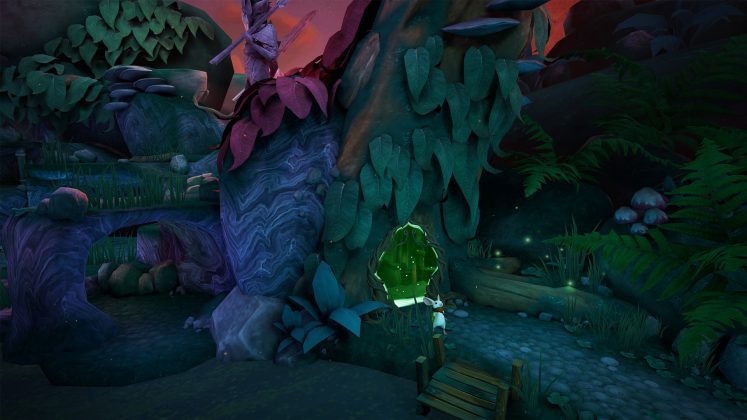Polyarc today announced their critically acclaimed VR adventure puzzler, Moss (2018), is getting some fresh content in the form of a new chapter. First made available on Oculus Quest, the update is now live on all supported platforms.
Update (June 25th, 2019): Polyarc today pushed out the ‘Twilight Garden’ DLC update to all supported headsets, including PlayStation VR, Oculus Rift (S), HTC Vive, and Windows VR headsets. Support for Valve Index is slated to arrive at the headset’s official launch on Friday, June 28th.
The original article follows below:
Original Article (May 14th, 2019): Dubbed ‘Twilight Garden’, the new chapter is being couched as a “complimentary experience” to the game, bringing additional environments, challenges, and storytelling.
Polyarc says in a press statement that while playing Moss, you’ll be able to discover portals to Twilight Garden, which they say tests you in “new ways as a mysterious presence prepares you for the dangers ahead.”
The studio says that you’ll explore vast chambers, discover unique weaponry, and face a new realm of puzzles and enemies.
If you haven’t heard of Moss, the game is sort of a mashup of a 3D platformer and first-person puzzle game, putting you in control of both a young mouse hero named Quill, but also tasking you with manipulating the environment yourself to help her along the way. You can find out more by heading over to our in-depth review of Moss, which we gave a very solid [7.9/10] points.
Moss for Oculus Quest will launch on May 21st; the game is currently available for download through Steam, PlayStation Store, Oculus Rift, and HTC Viveport stores for $30.
The free content announced today will automatically update when it becomes available on other supported platforms this June.

